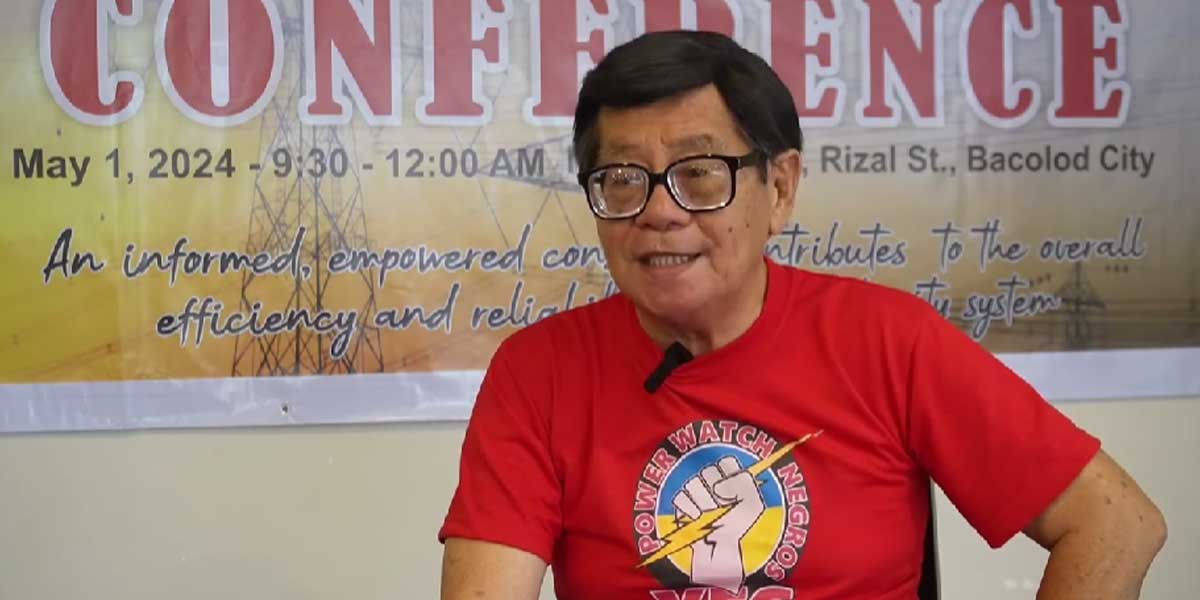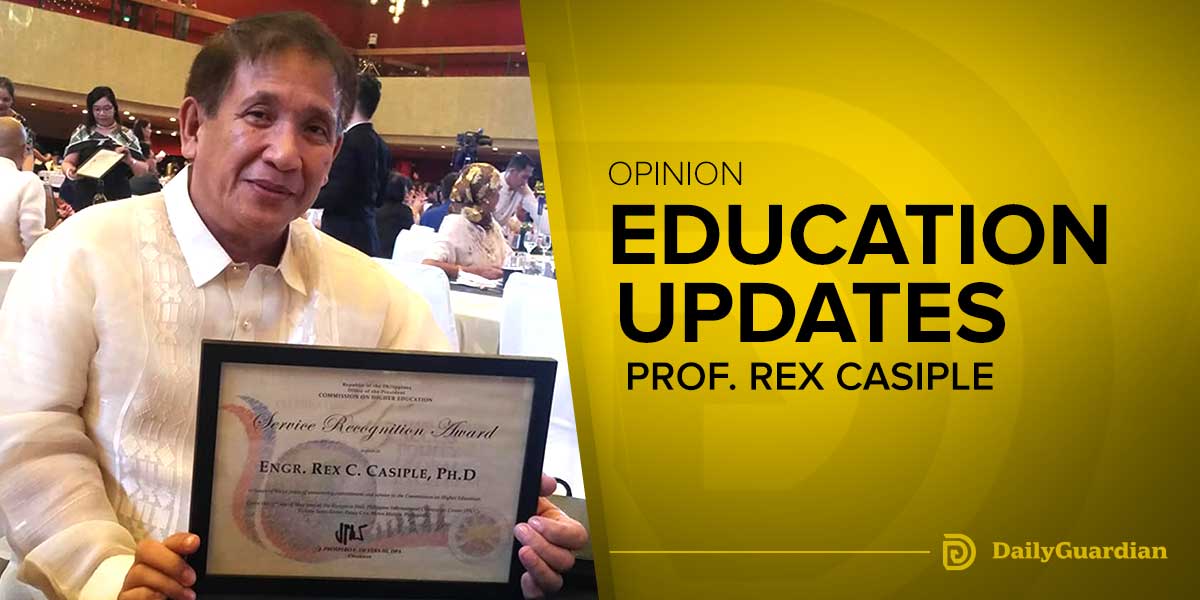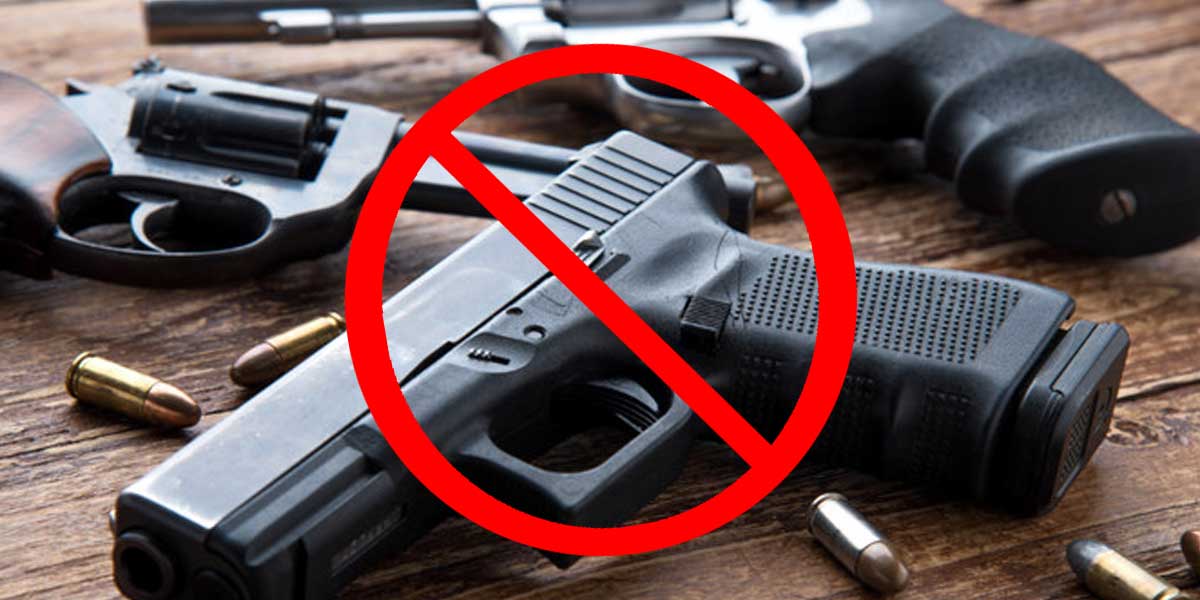 By Modesto P. Sa-onoy
By Modesto P. Sa-onoy
The proponents of distance learning to avoid getting the children to school and in contact with their peers are now faced with a reality, part of which I already touched in a previous column – the facilities – but there are other problems that should be addressed now, late as it might be.
A report cited a ranking education official saying that the Department of Education “expects a drop in enrollment for school year 2020-2021. There’s a possibility of decrease in enrollment because parents have many considerations.”
Education Undersecretary Nepomuceno Malaluan said some children might not enroll because “their parents might not be able to facilitate their learning at home.”
That is one factor that had not been considered. For distant learning to succeed, there must be a parent or an adult in the house with knowledge of the process.
The undersecretary said that studying under the new system especially in the early grades, will require the partnership with the parents or somebody from the home. Can we provide that?
The answer is obvious. Not only the facilities needed for distant learning are inadequate, the parents are also untrained to help. Because their inability to fit into the new system, “they might hesitate to enroll their children”, Malaluan said.
He said some parents might also doubt whether children could learn their lessons effectively through alternative modes. “It is a reasonable expectation, but we will know in June,” he said.
What we will know by June is how many children will enroll, not for fear of the corona virus but the inability of parents to help their kids, if they were at home.
Education Secretary Leonor Briones said enrollment would be voluntary, but even then, can we afford millions of children of school age at home? She admits that a vaccine against the virus is not expected for at least a year.
For the meantime, DepEd is taking steps to see to it the education of learners continues, she said.
Compounding the problem is the estimate of the Coordinating Council of Private Educational Association Managing Director Joseph Noel Estrada during a Senate hearing that “two million students in private schools were expected to transfer to public schools or drop out of school due to the pandemic.” Or due to the inability of the parents to shoulder the cost of private education.
More problems. The Alliance of Concerned Teachers described as “pure hogwash” DepEd’s statement that teachers need not be physically present in schools under the blended system of learning.
“We’ve received reports from teachers in areas in Bulacan, Baguio City, Oriental Mindoro, Quezon and Cavite who received orders to be at their respective schools on Monday, supported by evidence like a memorandum from the division and screenshots of school group chats where principals roll out their orders for teachers to engage in school disinfection, among other tasks,” ACT Secretary General Raymond Basilio said in a statement to the press.
“Even more problematic is the lack of provision of shuttle services, as required by the Inter-Agency Task Force for the Management of Emerging Infectious Diseases for agencies who will command employees to physically report in areas under general community quarantine,” he said.
But even if there were no shuttle buses, can they be accommodated with priority considering the “social distancing” in public transports?
The militant teachers’ group also revealed that “while DepEd professed its readiness to supply 100,000 laptops to teachers who have none, it has not done so days before the resumption of work. With these, teachers will suffer greatly the brunt of the government’s failure to provide the requisites for their ‘new normal.’”
That smells like chaos when real work begins. Yesterday was the start of enrollment so we will know soon how things are with the claim of ACT that the teachers have not been provided with laptops that are necessary for the planned distant or blended learning that DepEd will adopt.
But back to the expected two million students that might drop out of school. These will not necessarily move on to public schools if the parents could not manage the blended system. If they stayed home, they needed to have adults with them. Can they be left alone?
Perhaps we are pessimistic but from the looks of it, there is little to be optimistic about. We will know day after tomorrow.






















